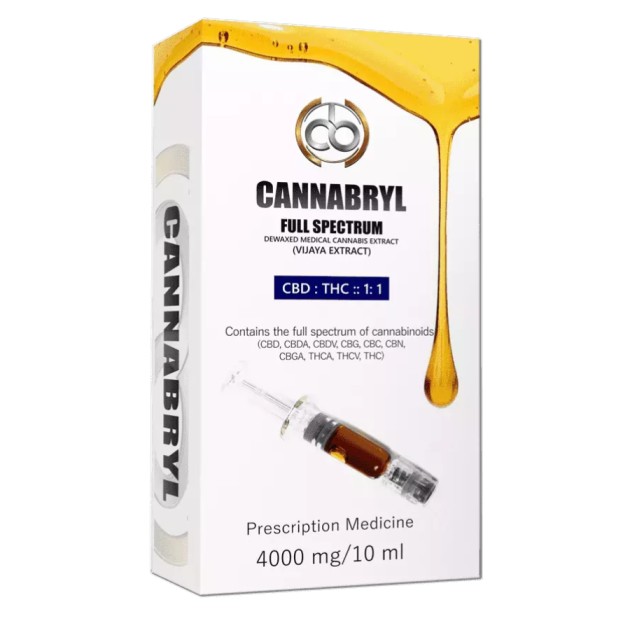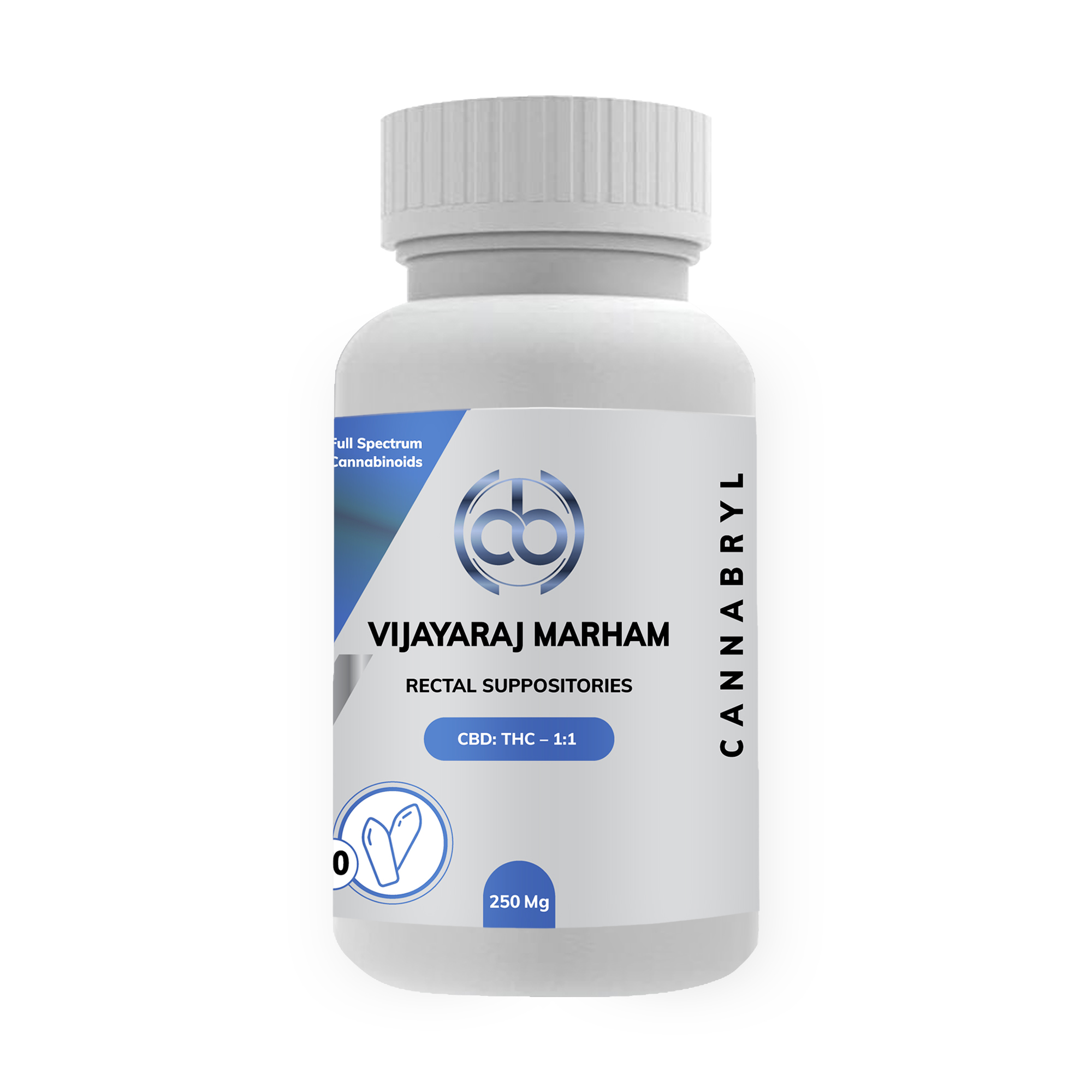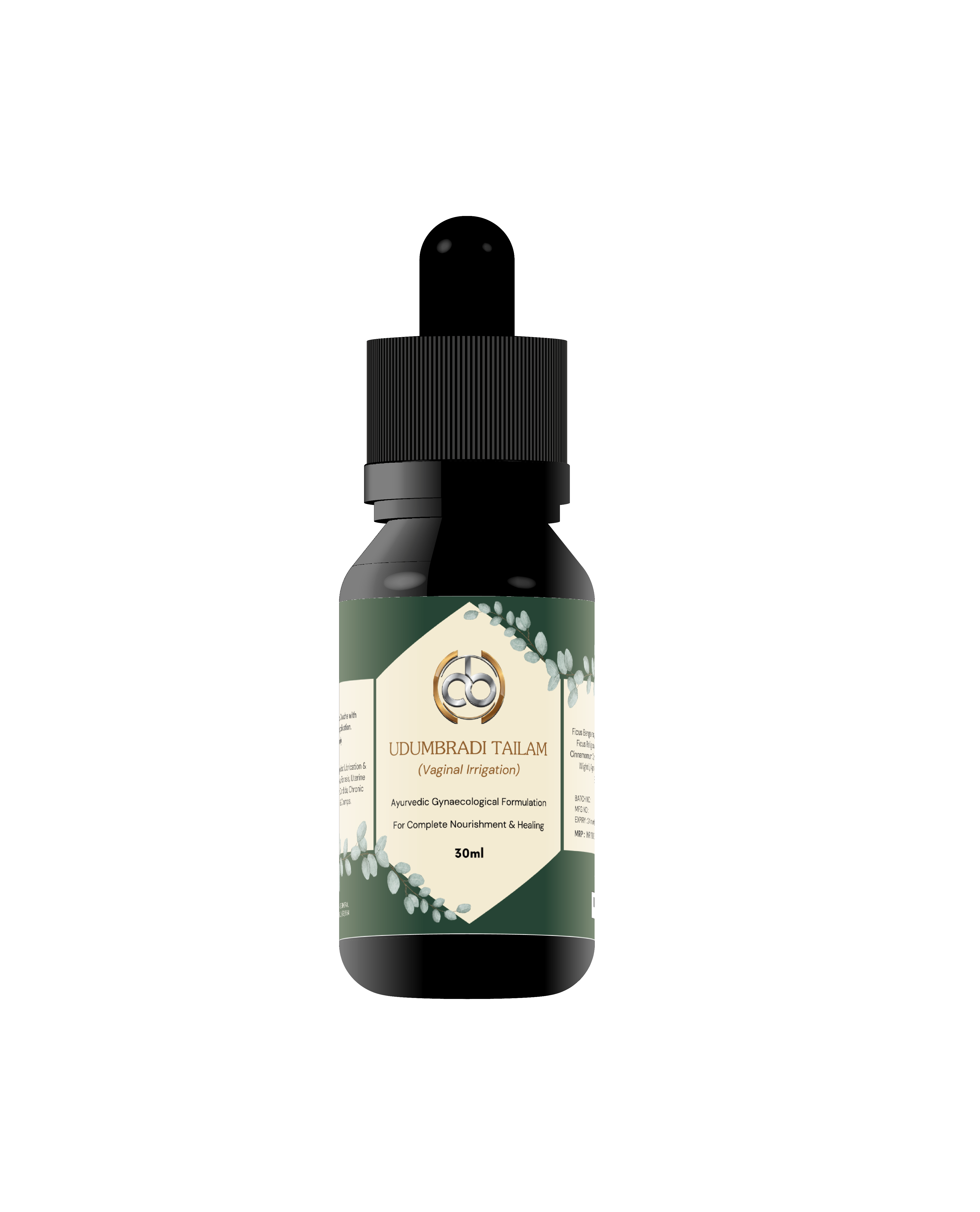Cannabis for Chemo Radiation Side Effects
Chemotherapy and radiation therapy are common treatments for cancer,
but they can cause a range of unpleasant side effects that can
significantly impact a patient's quality of life. Some of the most
common side effects of chemotherapy and radiation therapy include
nausea, vomiting, loss of appetite, pain, fatigue, and depression.
Medical
cannabis has been shown to help alleviate many of these side effects,
particularly nausea, and vomiting. The American
Society of Clinical Oncology (ASCO) recommends the use
of medical cannabis as an option for patients who are experiencing
chemotherapy-induced nausea and vomiting that is not controlled by
standard antiemetic therapy.
Cannabis
may also be helpful in stimulating appetite, which is often reduced
during chemotherapy and radiation therapy. This can be especially
important for cancer patients, as maintaining a healthy weight and
adequate nutrition is important for overall health and treatment
outcomes.
In
addition to its anti-nausea and appetite-stimulating effects, medical
cannabis may also help relieve pain and inflammation associated with
cancer and its treatments. Some studies have even suggested that
cannabis may have anti-tumor properties, though more research is
needed to fully understand this potential benefit.
Overall,
medical cannabis has the potential to improve the quality of life for
cancer patients undergoing chemotherapy and radiation therapy by
reducing the severity of treatment-related side effects. However,
patients need to work closely with their healthcare providers to
determine if medical cannabis is a safe and appropriate option for
their individual needs.
What
Studies Exist to Support the Use of Cannabis for Chemoradiation Side Effects?
The
2022 review
paper titled ‘Medical Cannabis Use In Oncology’ is published by
the National Cancer Institute (NCI) in the United States. The paper
is a comprehensive summary of the current state of knowledge
regarding the use of cannabis and cannabinoids in cancer treatment.
The review paper concludes that while some studies have suggested
that cannabis or cannabinoids may have potential therapeutic benefits
in cancer treatment, the evidence is not yet sufficient to recommend
their use as a standard treatment for cancer-related symptoms or side
effects.
The
2022 article
titled ‘The Effectiveness and Safety of Medical Cannabis for
Treating Cancer-Related Symptoms in Oncology Patients’ published in
Frontiers in Pain Research discusses the current and potential use of
cannabis for pain management and treatment of several
oncology-related symptoms. Such areas of potential use include
chemotherapy-induced nausea, vomiting, analgesia, cachexia, and
tumour suppression.
The
article also touches on the potential future developments in
cannabis-based pain management, such as the use of synthetic
cannabinoids, the development of personalized dosing regimens, and
the integration of cannabis with other pain management strategies.
Overall,
the article concludes that while there is still much to learn about
the use of cannabis for pain management, the existing evidence
suggests that it is a promising option with potential for further
development and refinement.
Does
cannabis for chemoradiation side effects have complications?
The
side effects of using medical cannabis for pain, palliative, and
cancer care can vary depending on the individual, the method of use,
the dosage, and the type of cannabis used.
It
can range from Psychotropic effects like euphoria, drowsiness,
dizziness, and confusion to cognitive ones including issues related
to memory, attention, and reaction time. Besides, smoking or inhaling
cannabis can cause respiratory irritation, coughing, and bronchitis.
This can be a concern for patients with preexisting lung conditions.
Cannabis
can also cause changes in heart rate and blood pressure, which can be
problematic for patients with cardiovascular disease and
gastrointestinal discomfort, including nausea, vomiting, and
diarrhoea.
Key
takeaways
Medical cannabis is useful in alleviating many chemotherapy side
effects, particularly nausea and vomiting, and stimulating appetite.
Some studies have suggested that medical cannabis may also help
relieve pain and inflammation associated with cancer and its
treatments and even have anti-tumour properties.
The existing evidence suggests that cannabis is a promising option
for pain management with the potential for further development and
refinement.
Please
note: Overall, medical cannabis has the potential to improve the
quality of life for cancer patients undergoing chemotherapy and
radiation therapy by reducing the severity of treatment-related side
effects. However, patients need to work closely with their healthcare
providers to determine if medical cannabis is a safe and appropriate
option for their individual needs.




DISCUSSION FORUM INFLAMMATION